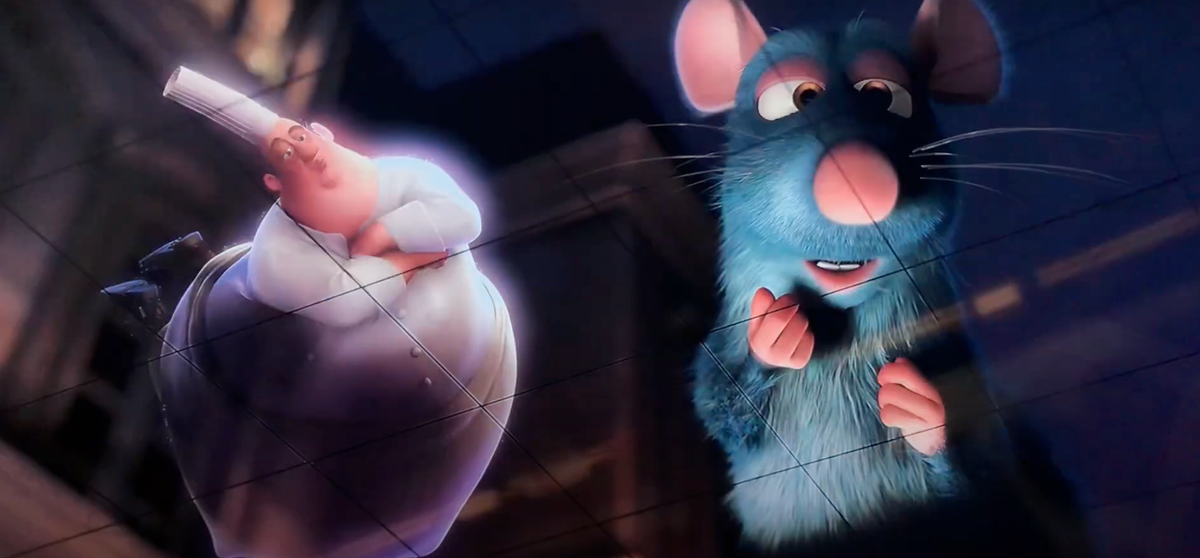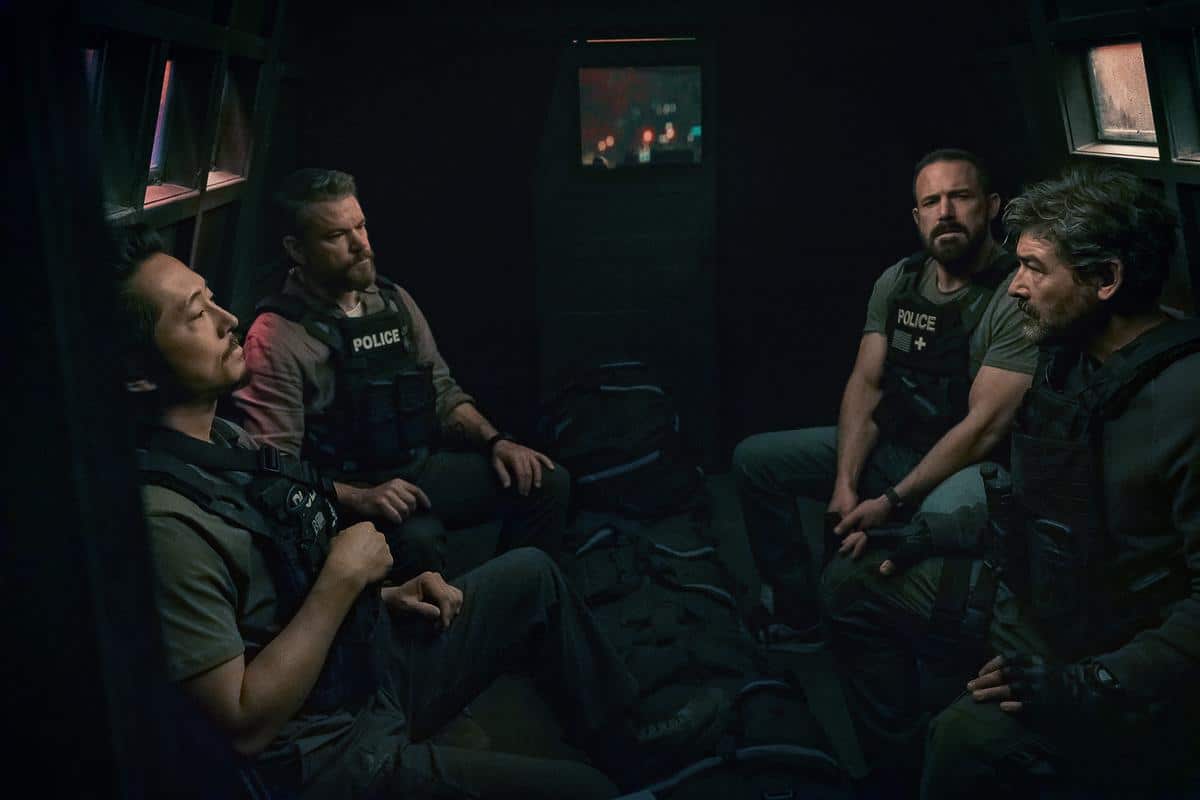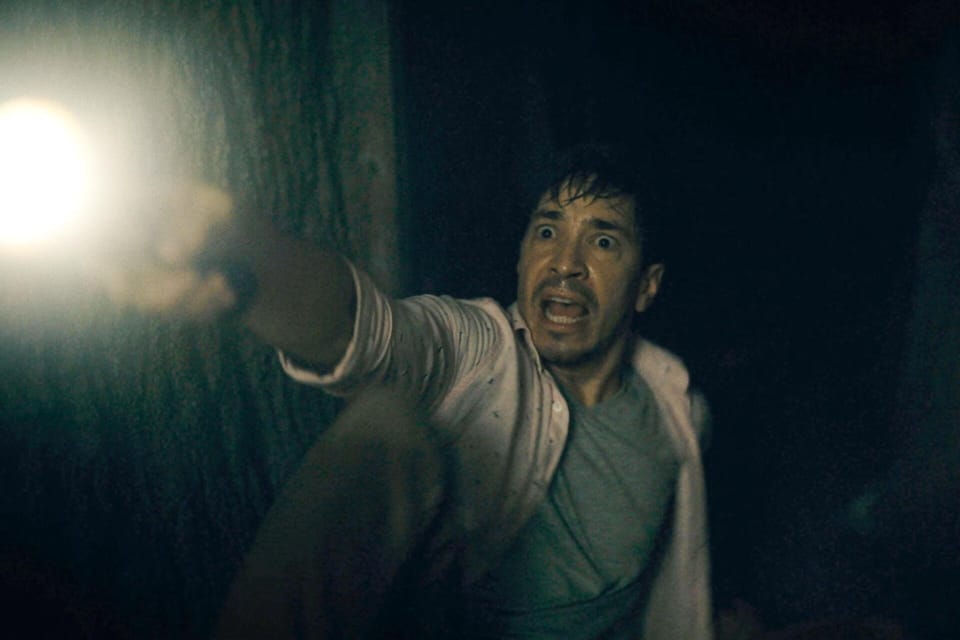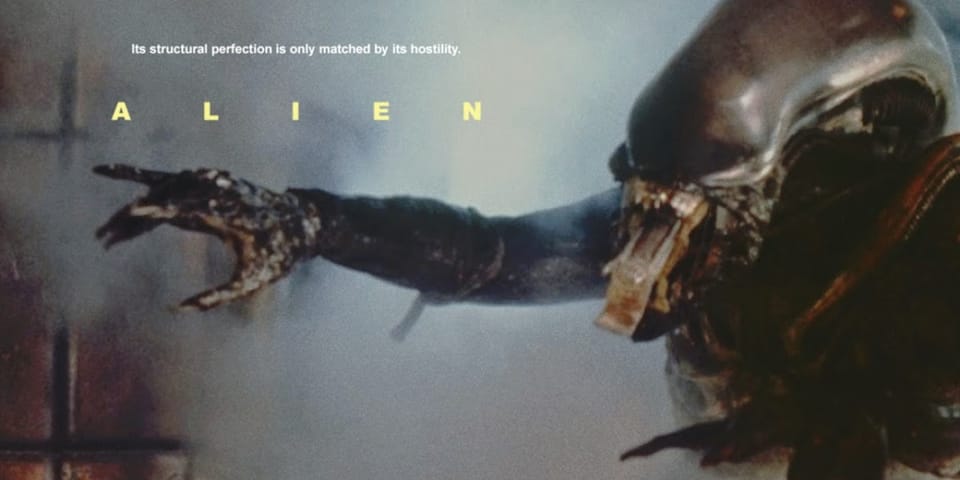The key to a sensational inciting incident.
The most effective inciting incidents are personal, and the best ones evoke an emotional reaction from the protagonists and from us.

The Story and Plot Weekly Email is published every Tuesday morning. Don't miss another one.
The most common understanding of the inciting incident is that it is the event that gets everything started.
The story opens with the ordinary world, and then 10 to 15 minutes later, the inciting incident changes things and sets the protagonist on their "adventure."
This is true.
But the most effective incidents are more than that. We want them personal, and the best ones evoke an emotional reaction from the protagonists and from us.
We don't want just plot here. We can aim for higher than that.
So, first, some definitions.
The ordinary world: What the character’s lives are like before the inciting incident comes crashing through.
I've written about the ordinary world before HERE. Today is about the inciting incident.
The inciting incident: The event that penetrates the ordinary world and leads to the dramatic question at the end of Act 1.
If we go by this definition (and I do), we are not just ending one sequence (the ordinary world) but also leading us toward the end of Act 1 and the Dramatic Question.
That second part is key.
For most of my career, I thought it was just the first part. That smashing The ordinary world, and removing the character from it was enough.
That is a part of the inciting incident, no doubt. But to get the most out of this event, it should also lead to the dramatic question.
It's all interconnected.
I am a practitioner rather than an academic. Classifying story elements and defending those classifications is not what interests me.
Our goal is something else. We want to tell our own stories, so the definitions are designed to help us do that.
Because the inciting incident leads to the dramatic question, you cannot really determine the inciting incident until you know what your dramatic question is.
This goes for when you break down and analyze other film structures as well.
Identifying a film's dramatic question will help you identify its inciting incident. Identifying the inciting incident will tell you when the ordinary world ends.
This is why I teach students to make big decisions upfront.
Do that, and each subsequent story decision gets easier and easier until the last bits of the puzzle are almost inevitable.
Force the protagonist to react.
The inciting incident happens to the protagonist. It is not something they choose willingly.
As far as the protagonist is concerned, the ordinary world would continue forever if not for the inciting incident disrupting it.
This is why the protagonist's expectations for the future is so vital. We have the opportunity to really smash those expectations if we want to. To rock their world and disrupt their equilibrium.
And most of the time, we will.
STAR WARS
Dramatic Question: Will they stop the Death Star?
Inciting incident: R2D2 reveals the message to Obi-Wan and he asks Luke to join him.
RAIDERS OF THE LOST ARK
Dramatic Question: Will Indy capture the Ark before the Nazis?
Inciting incident: Army intelligence tells Indy about the intercepted transmissions.
RATATOUILLE
Dramatic Question: Will Remy prove he is truly a great chef?
Inciting incident: Remy falls into the kitchen.
THE PROPOSAL
Dramatic Question: Will Margaret and Andrew learn enough about each other over the weekend to fool INS?
Inciting incident: Margaret is told her visa status is being revoked.
BRIDESMAIDS
Dramatic Question: Will Annie prove herself to be an indispensable and superior friend?
Inciting incident: Lillian tells Annie she is getting married.
BARBIE
Dramatic Question: Will Barbie get her world back to normal?
Inciting incident: Barbie asks about death and realizes her body is falling apart.
With the exception of Raiders, the protagonist's expectation of the future is what makes the inciting incident so earth-shattering.
The inciting incident creates the problem, and the protagonist must choose how to solve it.
The depth of their emotional response goes a long way toward motivating their next decision and connecting us to them.
When a character cares deeply, we care deeply.
Once they choose how to solve this problem, we have the dramatic question: "Will they solve it?"
The inciting incident happens to them. The dramatic question is a choice they make about how they deal with it.
This leads them out of Act 1 and into that new, "special" world Joseph Campbell talks about.
The delayed Inciting Incident
You may have heard somewhere that the inciting incident should target a certain page, like page 12 or something.
This is somewhat true, but it has nothing to do with page count. That recommendation is all about narrative momentum.
An unmentioned aspect of the inciting incident is its job for dramatic momentum.
This is not referenced in the definition because it applies to ALL structural terms and is addressed instead in the definition of structure itself.
Structure: choosing what the audience knows and when they know it in order to maximize narrative momentum and emotional resonance.
It is recommended that an inciting incident be placed in a certain page range because it is difficult to maintain narrative momentum with an inciting incident much later than that.
Yet, films have inciting incidents later than that all the time. THE GODFATHER's inciting incident is 45 minutes into the movie!
While that is extremely difficult to pull off (please don't try it at home), an inciting incident in the mid to late 20s is not particularly uncommon.
Some of my favorite films, DIE HARD, SKYFALL, and RATATOUILLE, all have very late inciting incidents.
How do they pull it off?
They have big turns around page 12, where the inciting incident normally would be.
This pushes narrative momentum forward in the inciting incident's place until the inciting incident finally comes around 12 minutes or so later, giving yet another push to narrative momentum.
In DIE HARD, the terrorists take over the lower floors of the building. We see it, but John McClane does not.
In SKYFALL, MI-6 headquarters BLOWS UP within eyesight of M.
In RATATOUILLE, Remy is separated from his family.
Clearly, Remy's ordinary world is shattered when he is separated from his family. So why isn't that the inciting incident?
Because this is not a film about Remy trying to reunite with his family. It is about Remy proving himself a great chef.
And that story starts when Remy falls into the kitchen.
From a purely structural perspective, RATATOUILLE treats Remy lost in the sewers of France, as the ordinary world.
It's not just plot.
Yes, it should shatter the ordinary world. And yes, it should introduce the problem that will lead to the dramatic question.
But think about the emotional effect of the inciting incident on the protagonists as well.
What do you set up about the character and their ordinary world that makes the inciting incident more impactful? What were their expectations?
Does the inciting incident crush their hope and dreams?
Does it perhaps reawaken them?
The more personal the effect, the better.
What about dramatic momentum? Does it take too long to get to the inciting incident? If so, where are you getting that momentum in its place?
You don't have to settle. Dig deep and get the most out of it.
Podcast Alert
I haven't done a new podcast in a while! This one was with my Houston friend Reena Friedman. Her podcast, BETTER CALL DADDY, interviews "people of interest" (how about that, huh?) where they discuss their lives and careers and reflect on their father.
We talk about my career a little, my drinking, Hollywood in the 90s, and of course my Dad, who passed six years ago.
It was a fun chat and the most personal interview I've done.
Click here to listen on Apple Podcasts.
The Story and Plot Weekly Email is published every Tuesday morning. Don't miss another one.
When you're ready, these are ways I can help you:
WORK WITH ME 1:1
1-on-1 Coaching | Screenplay Consultation
TAKE A COURSE
Mastering Structure | Idea To Outline




